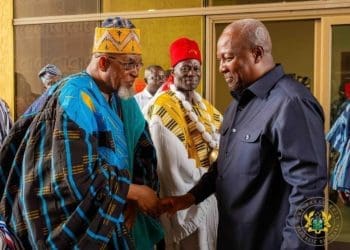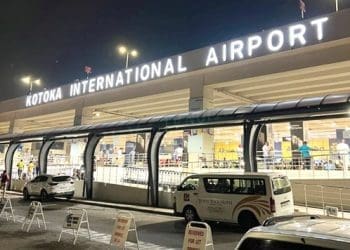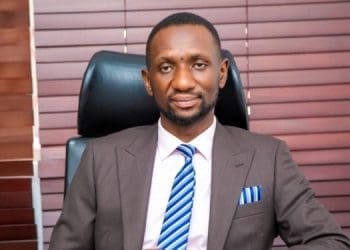The Economics and Organised Crime Office (EOCO) has called for legal reforms, to support non-conviction-based asset forfeiture and its related issues.
Madam Bridgett Nadia Barnor, an official of EOCO, making the call at a sensitisation programme on asset recovery at Ada, said such a legal reform would support increased investment in forensic and cybercrime capabilities, enhance inter-agency and international collaboration, public education on the importance of asset recovery, and a transparent framework for managing recovered assets.
She said the reform would also address concerns over the post-recovery management of seized assets and the lack of public transparency in reporting on them.
Madam Barnor emphasised that asset recovery played a critical role in disrupting criminal enterprises, deterring future offences, and returning illicit gains to the state for developmental purposes.
“Asset recovery is not just punitive; it is a tool for restoring justice and promoting public accountability,” she noted.
The said EOCO’s asset recovery operations involved a three-stage process; tracing and identifying criminal assets, legal seizure and freezing, and final confiscation or repatriation.
EOCO, she noted, collaborated closely with the Financial Intelligence Centre (FIC), the Office of the Special Prosecutor (OSP), the judiciary, and international partners to pursue both domestic and cross-border asset recovery.
She reiterated EOCO’s commitment to the fight against economic and organised crime in Ghana through effective asset tracing, seizure, and confiscation.
Madam Barnor, said the Economic and Organised Crime Act, 2010 (Act 804), empowered the office to investigate serious economic crimes and recover assets acquired through unlawful means.
Citing some success stories, the EOCO official revealed that over GH¢508 million in assets were recovered between 2023 and 2024.
She said high-profile recoveries included the confiscation of properties in drug trafficking and romance scam cases, including the case of Nayele Ametepe, who was convicted in the United Kingdom for drug trafficking, with a house valued at over $1.8 million subsequently confiscated in Ghana.
Other repatriated assets included over $88,000 returned to a lawful owner in the United States, and multiple vehicles retrieved and returned to victims of international fraud.
She said despite these achievements, EOCO faces several challenges which impedes its work, these include complex legal procedures, limited forensic and investigative capacity, political interference, and weak international cooperation in tracing offshore assets.
She a emphasised the important role of civil society organisations (CSOs) and the media in promoting accountability and called on journalists and advocacy groups to support EOCO’s mandate through investigative reporting, public awareness creation, and policy advocacy.
The event concluded with a call to action for stronger government backing, continued donor support, and public cooperation to enhance transparency and trust in Ghana’s asset recovery system.













